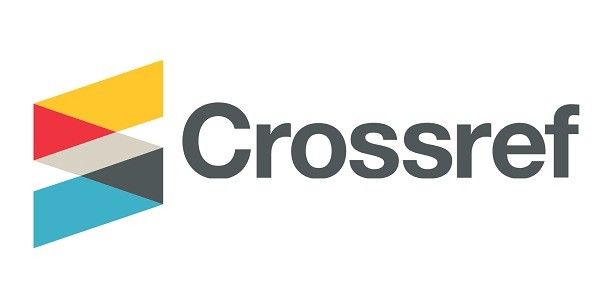The effect of an educational approach using the cognitive apprenticeship strategy in improving motor coordination and learning freestyle swimming for beginners
DOI:
https://doi.org/10.58305/ejsst.v14i53.501Keywords:
Educational curriculum, cognitive apprenticeship strategy, SwimmingAbstract
The aim of the research is to identify the effect of the cognitive apprenticeship strategy on the motor coordination of beginners in freestyle swimming and to identify the effect of the cognitive apprenticeship strategy in learning freestyle swimming for beginners. The researcher used the experimental method by designing the experimental and control groups with a pre- and post-test to suit the nature of the research. The research community was determined by the beginners of freestyle swimming in the Spanish pool affiliated to the Waves Swimming Academy, numbering 17 beginners. The research sample was selected randomly, with 10 beginners at a percentage of 58.82%. They were divided into two groups, with 5 beginners for each group. 5 beginners were used for the exploratory experiment and 2 beginners were excluded For their lack of commitment to attendance, and the most important conclusions were reached, which are that the cognitive apprenticeship strategy led to improving the ability of motor coordination between the eye and the arm and the eye and the legs in general, and that the cognitive apprenticeship strategy led to improving the technical performance of freestyle swimming.










